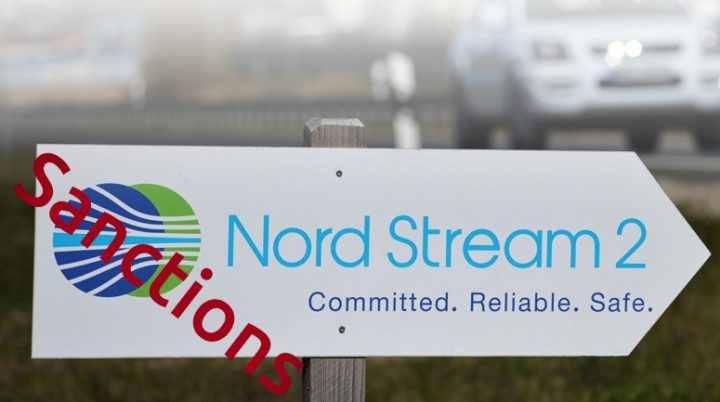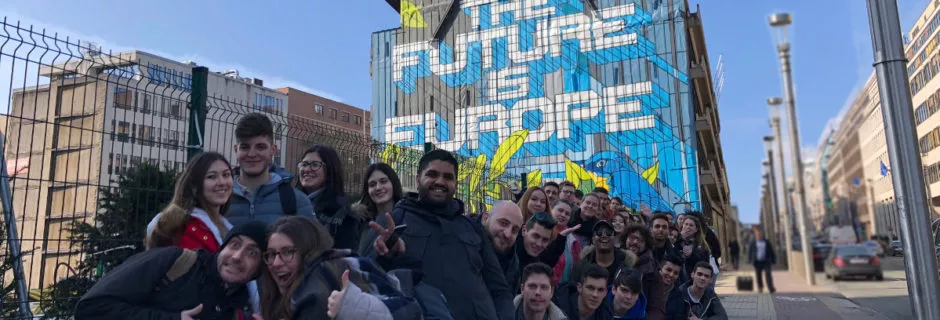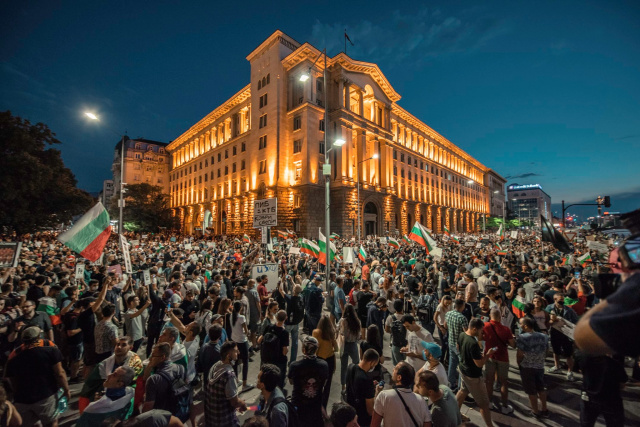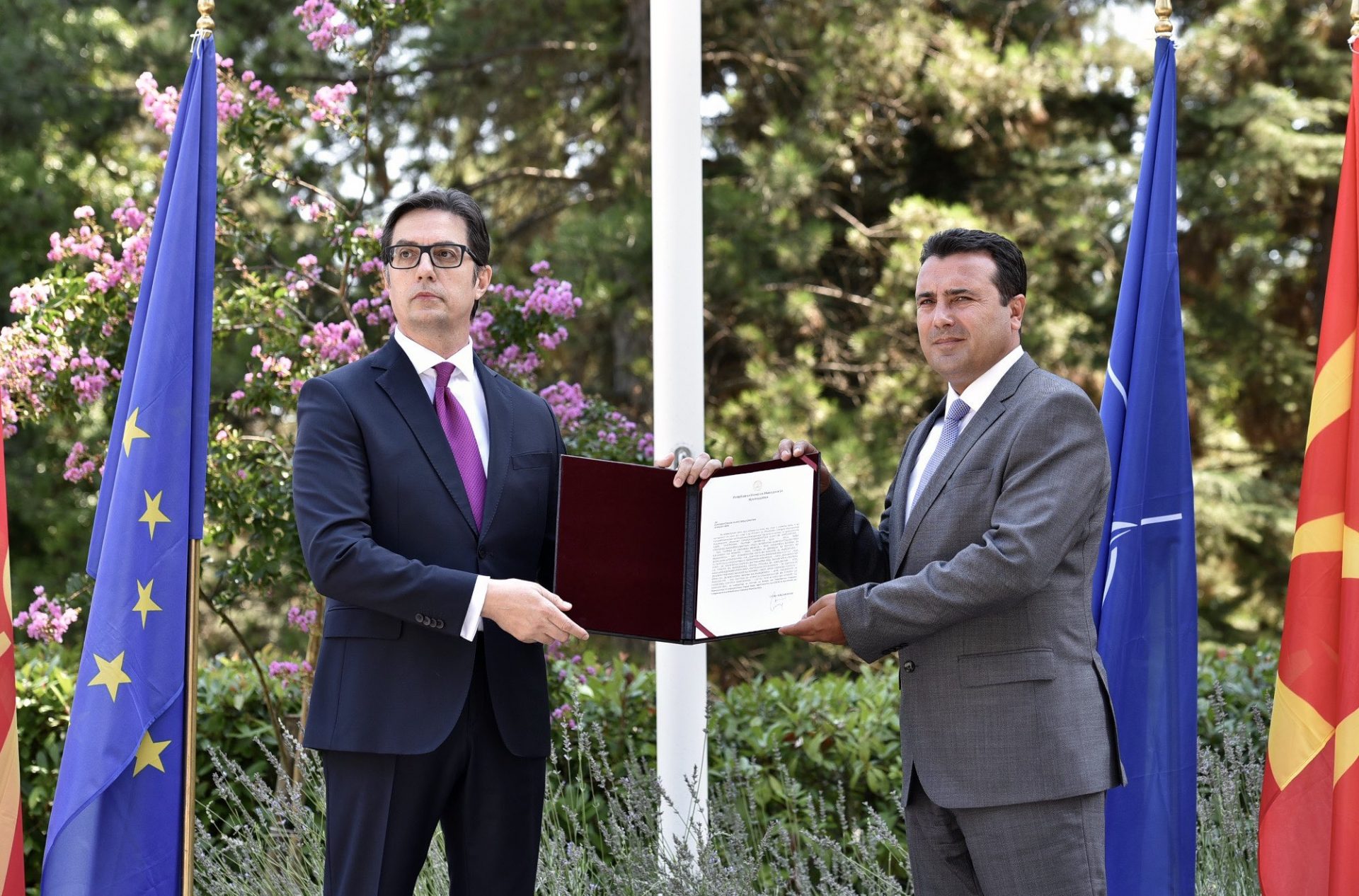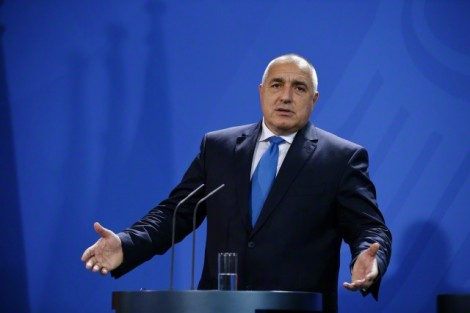Sanctions on their own won’t stop Nord Stream-2, the market, and the EU directives can obliterate the effect sought by the Kremlin and turn what President Putin perceives as an asset into a liability.
Gas pipelines are not a threat – politicians like Putin certainly are.
The national security line in addressing the issues starts from the basics – Is Russia a threat? Perceptions matter. For many politicians in old Europe, located in offices at a safe distance from Russia, the threat notion is vague, remote, and academic. They do not discern Putin’s Russia as a threat. Perception matter. For many politics in old Europe.
For the Austrian business, born and bred in brokering deals between Russia and Eastern Europe, this is routine and legitimate “business”.
If positive about Russia being a threat, to allow Gazprom to secure dominant market share and revenues that sustain Russia’s ability to threaten the EU and NATO militarily seems a betrayal to common sense.
The West becomes an accomplice in Russia’s game to subdue Kyiv, enforce recognition of Crimea, and bargain for the autonomy of Lugansk and Donbas by bypassing Ukraine. The success of Moscow’s plan depends critically on the collaboration of elites in Berlin and Vienna.
Leaving aside the moral and ethics side of such policies as key EU members are favoring business and politics with an aggressor over the interests of the victim and fellow member states, hardly qualify Germany for an EU leader in line with the founding principles of the EU.
President Putin does not hold all the trump cards in the EU gas market, regardless of his pretense to the contrary. Suffice it to revisit the 2014-2015 attempt to discipline the EU and limit reverse supplies to Ukraine. What seemed a routine move backfired – gas prices dropped 11%, Gazprom lost $ 6 billion in revenues and $ 450 million in fines. These figures are according to an official Interfax Agency story, which reminds us that consensus in Moscow is not self-implied.
On their impromptu trip to Moscow, shortly after the supply cuts were announced, Italy’s PM Renzi and OMV’s CEO Zeele convinced Putin and Miller that they are bound to lose big mid to long term.
Two years later, Moscow reduced supplies to Turkey in an encore of strong-arm tactics. Three years later Gazprom’s share on the Turkish market fell below 50 percent for the first time despite new mega projects – Turk Stream 1 and 2.
Given this track record, how likely is then Russia to bully Europe with gas supply cuts? My guess is – President Putin can’t risk any more cuts. The EU, with few notable exceptions, has diversified away from relying solely or mainly on Russian gas. The UGSs in the EU are full, the critical vulnerability in gas trade has passed on from buyers to the sellers, including Gazprom.
Any attempt or threat to cut off supplies or twist arms is a relic of the past and will invariably end with more financial and market share loss for Gazprom, most irrecoverable. This trend is long-term as more LNG terminals are coming online, as new sources from the Southern Gas Corridors beyond Russia’s control emerge.
Nord Stream – 2 seems bad business.
Let’s look into the basics of reverse gas supply economics – the logic of using Germany as the leading distributor center for Russian gas to Central and Eastern Europe, via the Nord Stream – 2. The main business line behind the idea of pumping up 110 billion cubic meters to Germany, well above even most optimistic German domestic demand forecasts, rests on the premise that the excess gas – more than 60 billion cubic meters per annum will leave the country, to the Czech Republic and Poland, respectively to Baumgartner, where OMV will sell to everyone willing across the whole region.
Germany and Austria have agreed to become an extension of Russia and Gazprom in return for annual gas price premiums between 3 and 5 billion euros, with CSEE footing the bill.
Brokering Russian gas to CEE rests on two assumptions – a) that the CEE countries remain dependent on Russian gas – a status quo Germany, Austria, and Russia seem to enjoy, and b) gas in the CEE costs more, with the formula – German border price plus transportation plus brokerage fee, giving German industrial gas consumers a sustainable leverage over competitors in CEE and helping the country maintain positive bilateral trade and current account balances.
How likely, however, is this scenario to happen, i.e., that CEE countries remain passive and willing to succumb to Nord Stream-2 design traps? Alternative and competitive gas supplies to Gazprom’s reverse flow via Germany are already reaching most of CEE countries, including Ukraine. Gazprom loses market shares across the region. Ukraine and Poland are exemplary.
Russia is relying on long-term contracts with its traditional West European partners. However, markets are shifting, and Gazprom’s strategic partners’ are either too reluctant to follow Moscow’s lead in a sanctions environment or concerned more with maximizing profits and keeping their market shares, diversifying supply portfolio away from Russian gas and securing dividends for their shareholders. The German-Russian gas axis is one of many, in need to compete to remain afloat.
The loyalty of the Western partners in Nord Stream-2 too has its limits – sanctions and economic gains optimization could derail their lean solidarity with Gazprom. The suggested bypass of the Danish island of Bornholm could cost an additional 800 million euros. This news has not gone down well with shareholders. Threats to sue the Danish government for inflicted damage or losses seem pathetic and above all, not providing short term problem solution.
.
For Shell, OMV, Uniper, Wintershall, and Engie, the business motive for joining the project rests on them being able to recover investments in Nord Stream-2 via sales of cheaper Russian gas or other associated gains in business with Gazprom elsewhere. Premiums based on discounted prices on Russian gas are risk-prone, assuming high margins remain in a tight, competitive gas glutted market.
The threat to an EU integrated gas market mainly stems from a scenario where Gazprom and its Western NS-2 partners, chose to team up in barring competition from alternative sources, market diversification, and liberalization, to recover losses in miscalculated ‘stream’ investments.
The Turk and Nord Streams are gas Yalta agreements in disguise, as they compete with the Southern Gas Corridor and LNG imports.
The landscape in the CSEE gas market is changing rapidly, undermining key assumptions, which made Nord and Turk Stream look feasible. The lessons learned from just three cargoes of LNG that successfully entered Bulgaria from Greece are poignant of what the future spells. With each shipment of regasified LNG reaching the Bulgarian border, prices continue to drop, undermining the pretense of Gazprom and its trading partners that Russian gas is cheapest. In 2020 Gazprom’s market share in Bulgaria is expected to drop from 95 percent in 2018 to below 70 percent, despite Gazprom’s partner – Bulgargaz’s reluctance to diversify supplies.
The market proves more resilient than what the Kremlin geopolitical designers believe.
End of part one
Getting smarter with sanctions on Nord Stream-2. Denying Putin a win – part two

